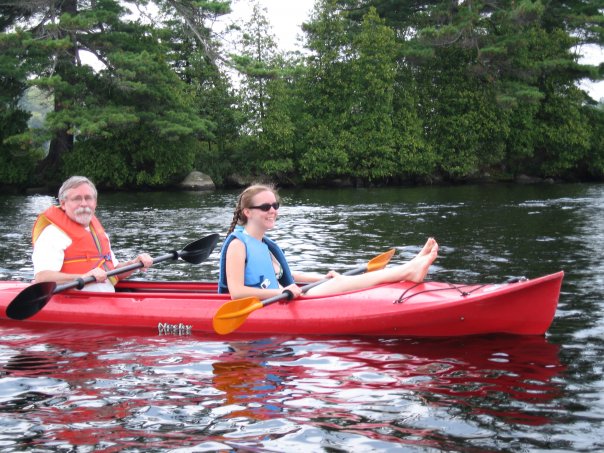family
-
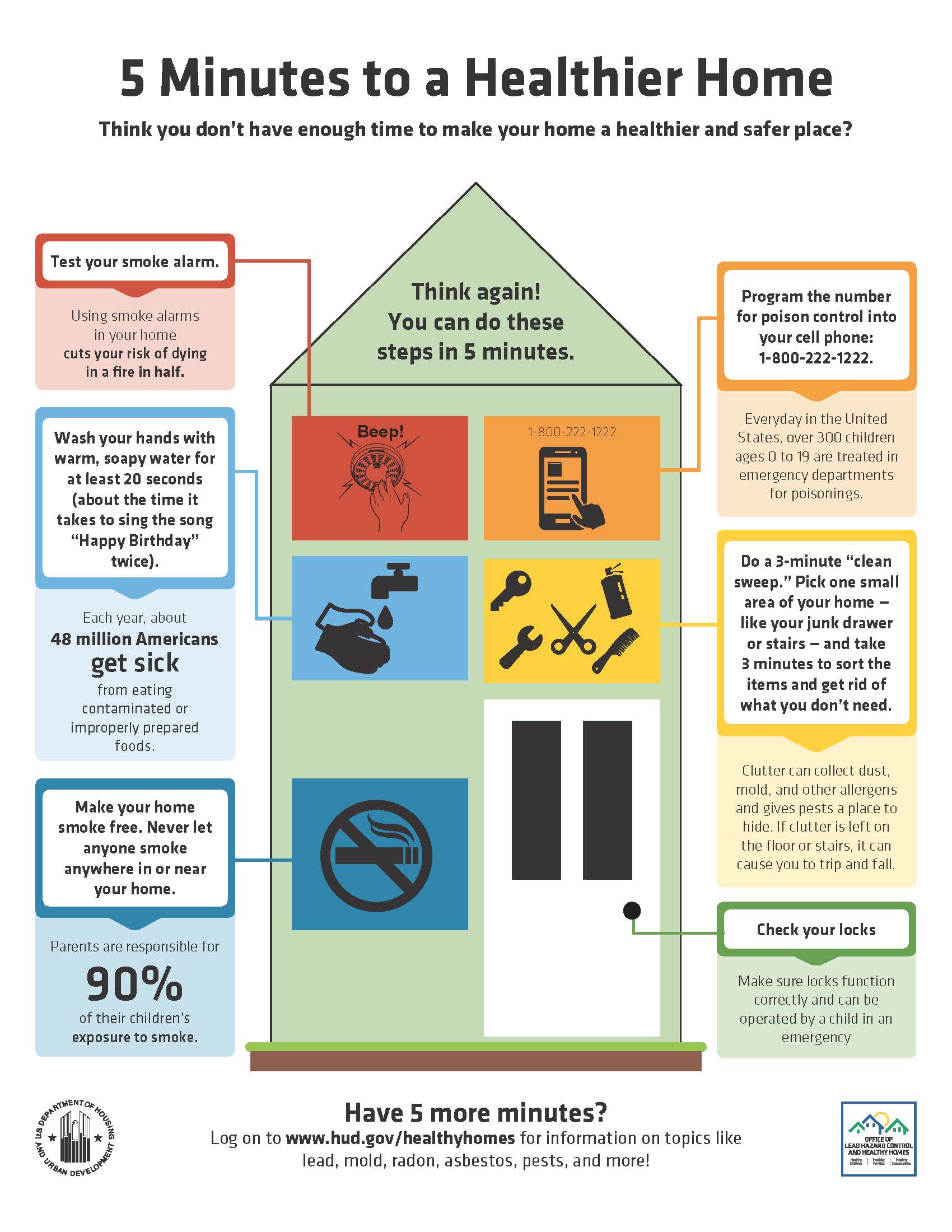
Everyone can carve out 5 minutes each day to keep yourself and your family healthy. You may need to make trade-offs, but it will be worth it. Here are five things you can do to make your home safer and healthier. Program the poison control number (1-800-222-1222) into your cell phone. Inspect your door locks and…
-

Every January we recognize the winners of the Radon Poster Contest. This year there were four winners in Georgia. Congratulations to the winners and thank you to all who entered. The posters were great! A special thanks to Southern Radon Reduction who provided prizes for the winners. The posters do a great job of increasing…
Posted in: Healthy Housing -

Do you feel ill whenever you are in your house, but feel fine when you stay in a hotel or at a friend’s house? There could be something in your house that your body is reacting to. Mold is often the named culprit; however, it isn’t always mold. To determine what is causing your health concerns you…
-

Every year 72,330 women die from lung cancer. Lung cancer has killed more women than breast cancer since 19871. Of those who survive, only 18% survive five years2, meaning lung cancer has one of the highest mortality rates of all cancers for women. So, why is it that only 1% of women consider lung cancer…
-

It’s the last long weekend of summer. Take time off from your daily labors. Here are five things you can do to celebrate the long weekend. 1. Learn what Labor Day is all about? Do you know anything about Labor Day, other than the fact that you get Monday off? Take time to learn more…
-

In 2013 there were 16,655 reports of children under 6 exposed to poisons that are easily found in our homes. In most homes you can find batteries, laundry detergent, medications, household cleaners, pesticides, gasoline, and paint, along with other household products. Many of these products, especially those that look like candy, can poison children. In…
-

You could be adding to the pollutants in your home with the cleaning products you use. Studies conducted by the U.S. Environmental Protection Agency show levels of several common organic pollutants are two to five times higher inside homes than outside. These indoor pollutants come from volatile organic compounds (VOCs) released from a variety of…
-

Lead is a highly poisonous metal that can have serious health effects, especially for children under the age of 6. It only takes a small amount of lead to severely affect their mental and physical development. Lead-based paint and lead contaminated soil are the most common sources of exposure. House paint in the U.S. no…
-

Mold is all around us. It grows on any organic substance, as long as there is moisture and oxygen. You can’t eliminate all of the mold and mold spores in your home, but you can reduce mold by controlling moisture. Mold can trigger allergies or asthma attacks in children and adults, so it is important…
-

We spend close to 90% of our time indoors, much of which is spent in our homes where we are exposed to a variety of contaminants and allergens that can trigger asthma attacks. In the U.S. almost 25 million people are affected by asthma. This includes about 7 million children. The asthma triggers in your…
-

Where did you walk today? Think about all the places your feet have been in the last 24 hours and then imagine the contaminants found in those places. Every time you walk into your home with your shoes on you are tracking in the contaminants you encountered throughout the day. About 30 to 40 percent…
-

Compared to adults, babies and children have a higher breathing rate and less developed lungs. This means babies and children can be more susceptible to environmental damage to the lungs than adults, like in the case of radon. Radon is the leading cause of lung cancer among non-smokers. It’s a naturally occurring, radioactive gas that…
-

Injuries in the home are the number one killer of children in the U.S. Most of these home injuries could have been prevented. An example is single-use laundry detergent, also known as Laundry pods. They are convenient to use, but can be very dangerous to children. What can you do to make your home safer?…
-

Children are more likely than adults to fall victim to hazards in your home. Relative to their body size, children breathe in more air and consume more food than adults. They also spend more time close to the ground where contaminants lurk and there are lots of things to chew on. This means they are…
-
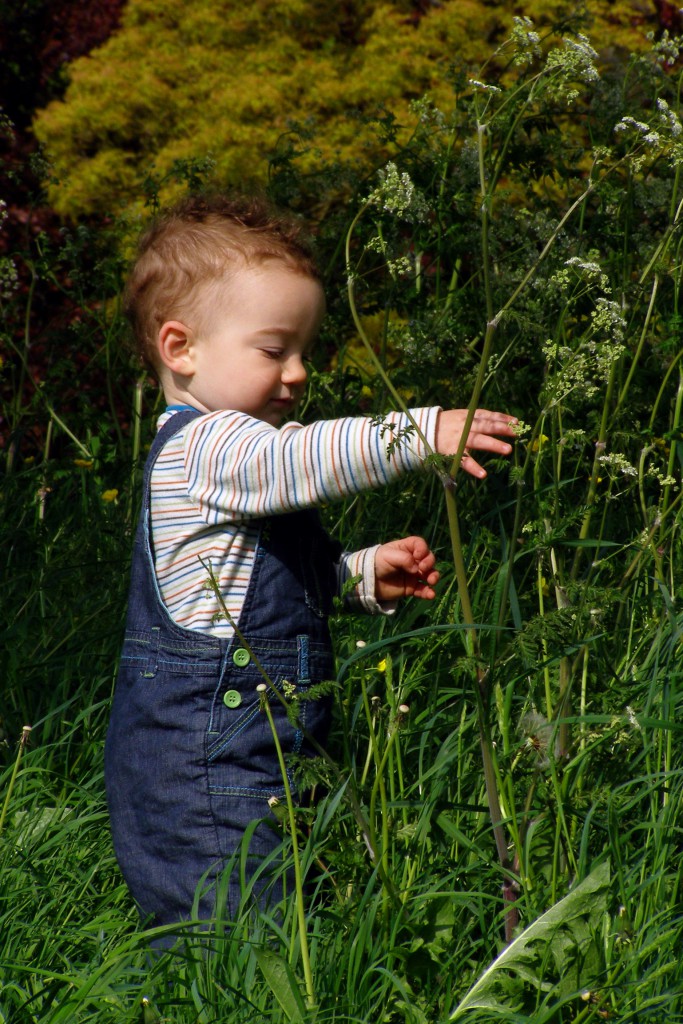
It is always important to provide opportunities for children to spend unstructured time with nature. Here is a book I suggest for parents, grandparents and those who are concerned about our children Richard Louv’s book Last Child in the Woods. The book looks at the concept of nature deficit disorder. The theory is that our…
-

Everywhere I look it is says Spring! The trees are blooming, there are daffodils everywhere and almost everyone is sneezing. This time of year always reminds me how important it is to treat nature well. Earth Day is almost here. Over the next several weeks we will be posting reminders about the importance of enjoying…
-

I recently attended a great conference at Fort Valley State University (FVSU). The theme of the Under One Roof Housing Conference was “Seniors: The New Majority.” Did you know that by 2020 almost 20% of our population will be over-65? It’s those famous “Baby Boomers” who are increasing the numbers at such a rapid rate. …
-

What can you do this year to show your love for both your “Valentine” and the earth? The first thing I think of is to REDUCE consumption. Just don’t give anyone anything this Valentine’s Day. Of course, if you choose this way to green your Valentine’s Day you may end up celebrating by yourself in…
-

Every year over 1 million people are accidentally poisoned. Many poisonings can be prevented by using and storing household products safely. For more information on ways you can reduce chemicals in your home and make your home safer check out the UGA Extension website, where you will find helpful tips and green cleaning recipes.
-
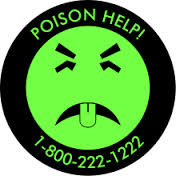
Your children are at a greater risk of exposure to environmental hazards than you. These hazards exist where they live, learn and play. Children engage in “riskier behaviors” than most adults. Two big “environmental risky behaviors” children engage in are: Crawling across floors that can have a number of different contaminants on them Putting toys…
-

When my husband and I married we were both college students and money was always earmarked for the books, lab fees, and tuition – furniture and household items were either hand-me-downs or finds. We furnished our first home at Oklahoma State University from grandma’s toss-aways and things found on the curb. When I think back…
Posted in: Challenge, community, Conservation, Environment, Family, Green Living, Neighborhoods, Sustainability, Working Together -
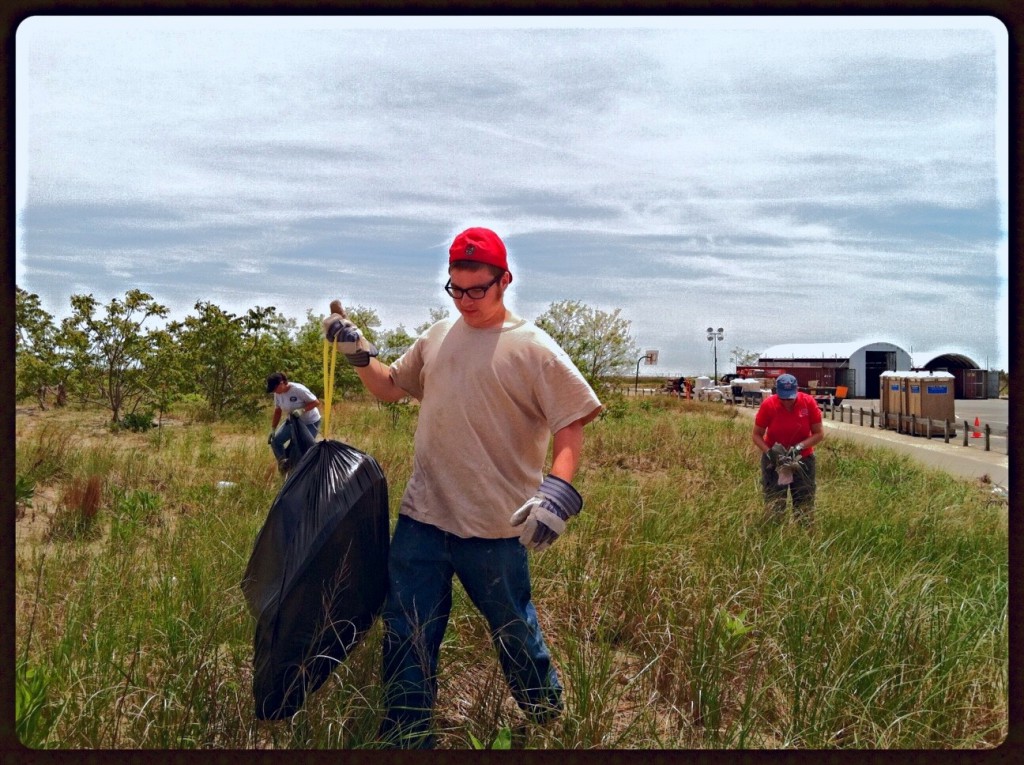
I just finished watching Bill Moyers’s interview of Biologist, mother and activist Sandra Steingraber. This made me stop and think about how I approach my life as an activist, my life as an educator, my life as a Change Agent. in the video Ms. Steingraber discussed how we all have a different set of skills…
-
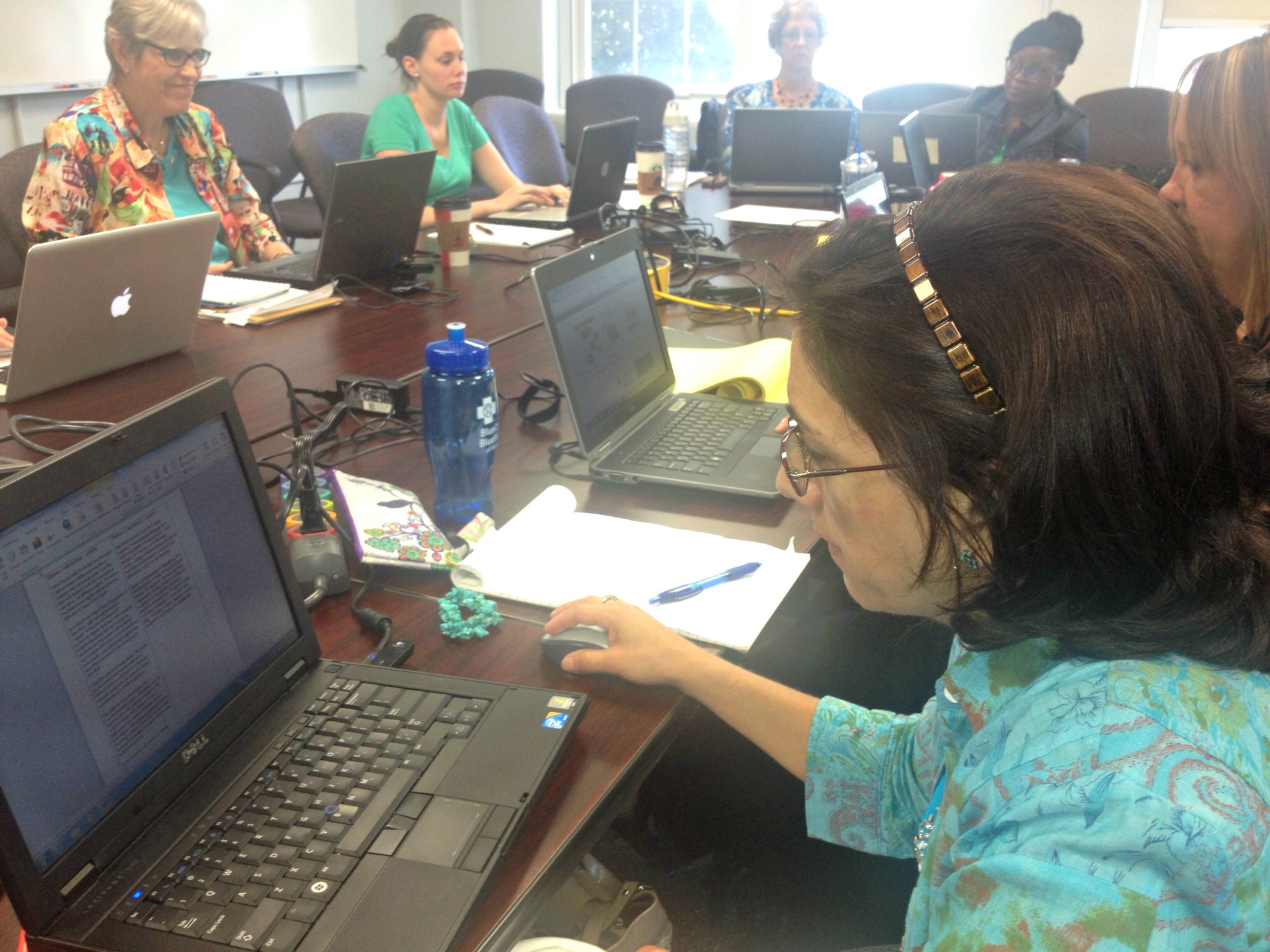
This week I participated in an informative blogging workshop taught by Tara Dunn for the University of Georgia College of Family and Consumer Sciences Cooperative Extension. She did a fantastic job of helping all of the participants develop blogs and better understand and use online communication. Blogs are a great way to share research and…
-

When I was a child my family would spend Memorial Day at one of our family graveyards. I know this may sound morbid but I remember it as a happy place. Park-like the place was filled with trees, flowers and areas of sun and shade. We would arrive with buckets, brushes, shears, pruners, brooms, hoes,…
Posted in: Charitable Giving, Climate Change, Conservation, Energy, Environment, Family, Giving, Green burials, Green Living, Holidays, Sustainability, Uncategorized -
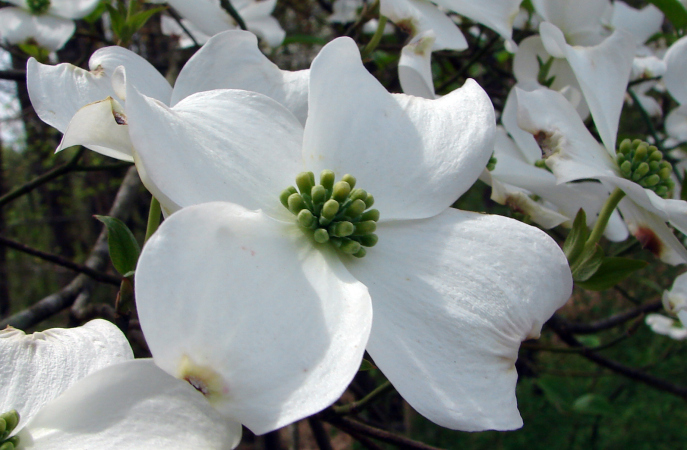
Mother’s Day is just around the corner. What plans have you made? How about going GREEN this Mother’s Day. Here are a few of my favorite ideas. Spring is here and all thoughts go to gardening, how about making a special garden just for mom. Here are some suggestions: Butterfly and Hummingbird Garden, Cutting…
-

It is springtime in Athens, Georgia. When days are soft and sunny folks start to move out-of-doors. So what are some green outdoor activities that are low cost and low impact, but high on the fun index? We all want play and live greener without spending our shrinking “greenbacks.” Walk. One of the healthiest and…
Posted in: community, Energy, Environment, Giving, History, Holidays, Safety, Uncategorized, Working Together -

Guest Blogger……Morgan Barnett, Master of Public Health Degree Candidate at The University of Georgia Many of us burn candles to make a room smell good, or just for decorative use. While candles create a calming effect, the allure of candlelight can quickly turn into a disaster if proper safety measures are not followed. Keep yourself,…
Posted in: Safety -

Recently I was teaching an online class about keeping your home healthy and reducing the asthma triggers in your home. I talked about some of the main asthma triggers in your home – dust mites, pet dander, secondhand smoke, mold, cockroaches, and mice. The training included action steps to take to reduce or eliminate these…
-
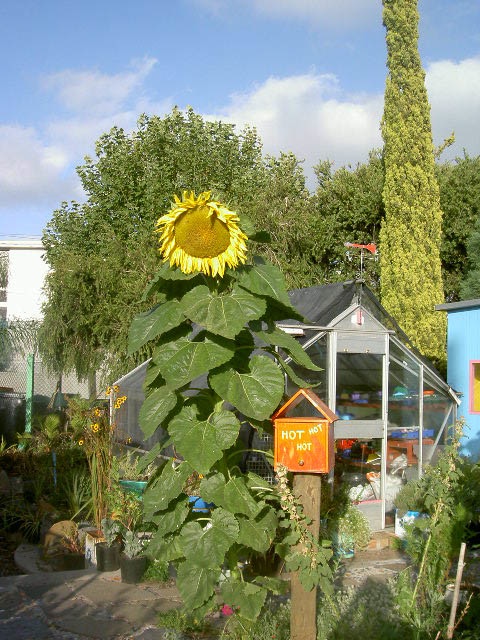
There are some simple things you can do to become a more environmentally conscious consumer. Watch the video for some things you can do to reduce waste and save you money. Take the Shades of Green quiz on the UGA GreenWay website.
-
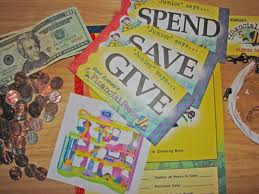
How many of you remember getting “BIG MONEY” during the holidays from a favorite aunt or uncle or maybe your Godparent. I remember one particular Christmas, I had been sick with a very sore throat. My uncle was visiting and the family was sitting in the kitchen. I walked into the kitchen all wrapped up…
-

I am posting this for my colleague Sharon. This is the first in a series of 3 postings on gifting and children. Today as I was driving back from Thanksgiving with family I started to think about why some people seem to be very generous with their time, talent and resources while others are not. …
-
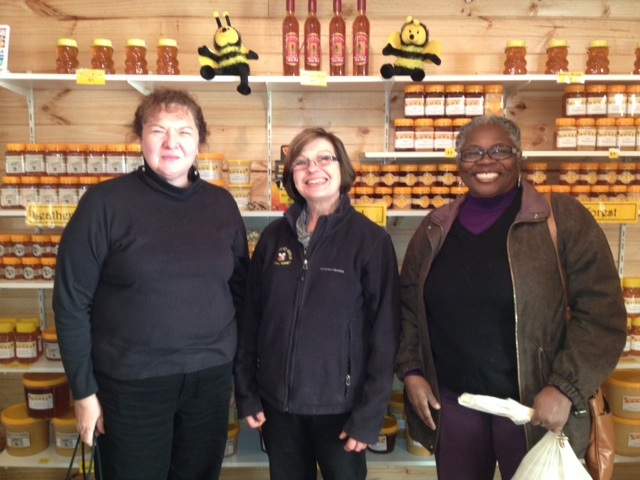
While in Tasmania, we visited a honey-making family from Huan Valley, outside of Hobart. Their farm is near Huonville and they have a little store called The Honey Pot. The Honey Pot is owned and run by local Huon Valley beekeepers and it has a wonderful range of delicious Tasmanian Honey. The proprietor is the…
Posted in: Uncategorized
